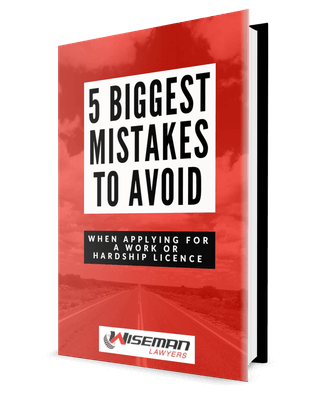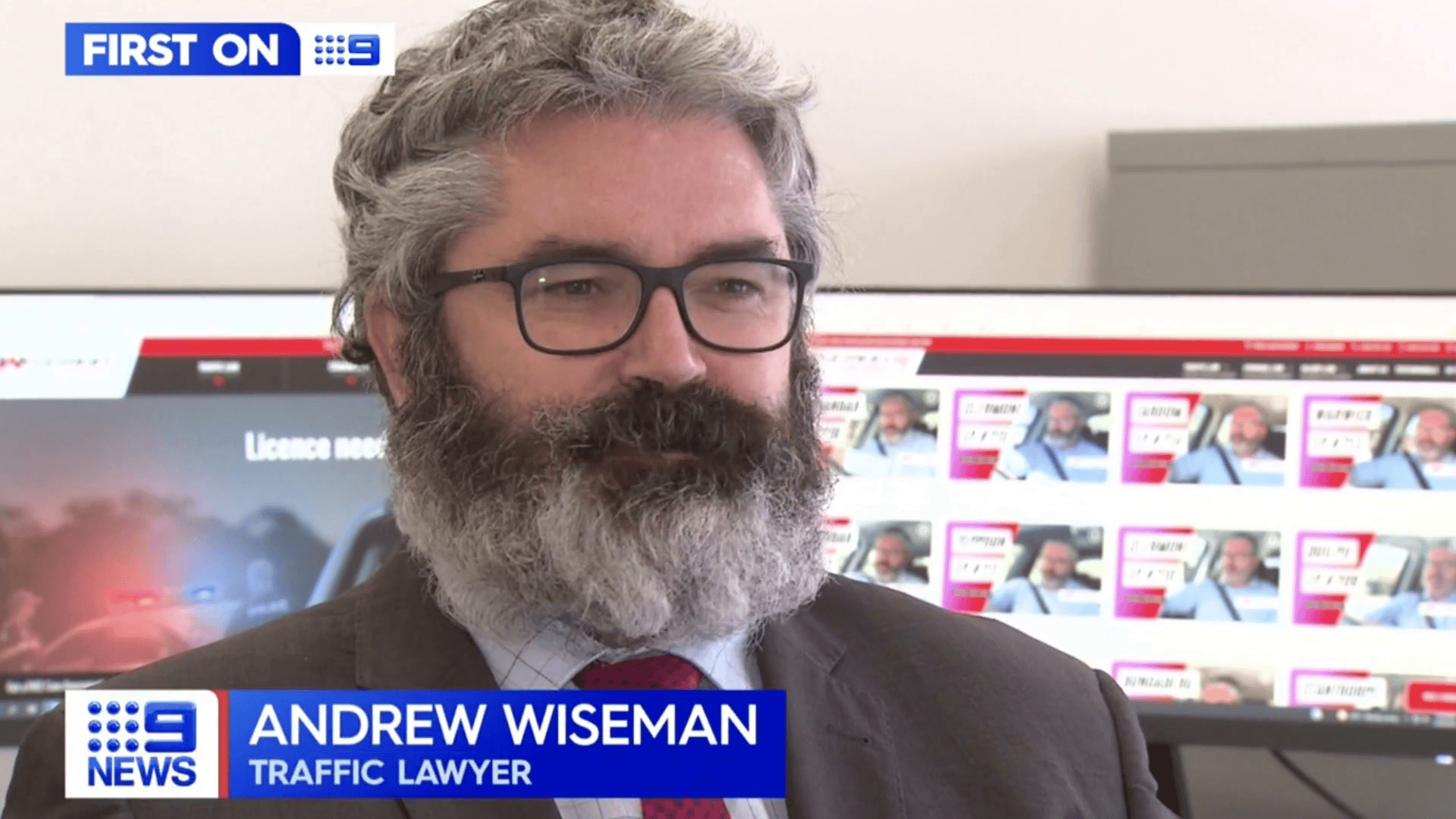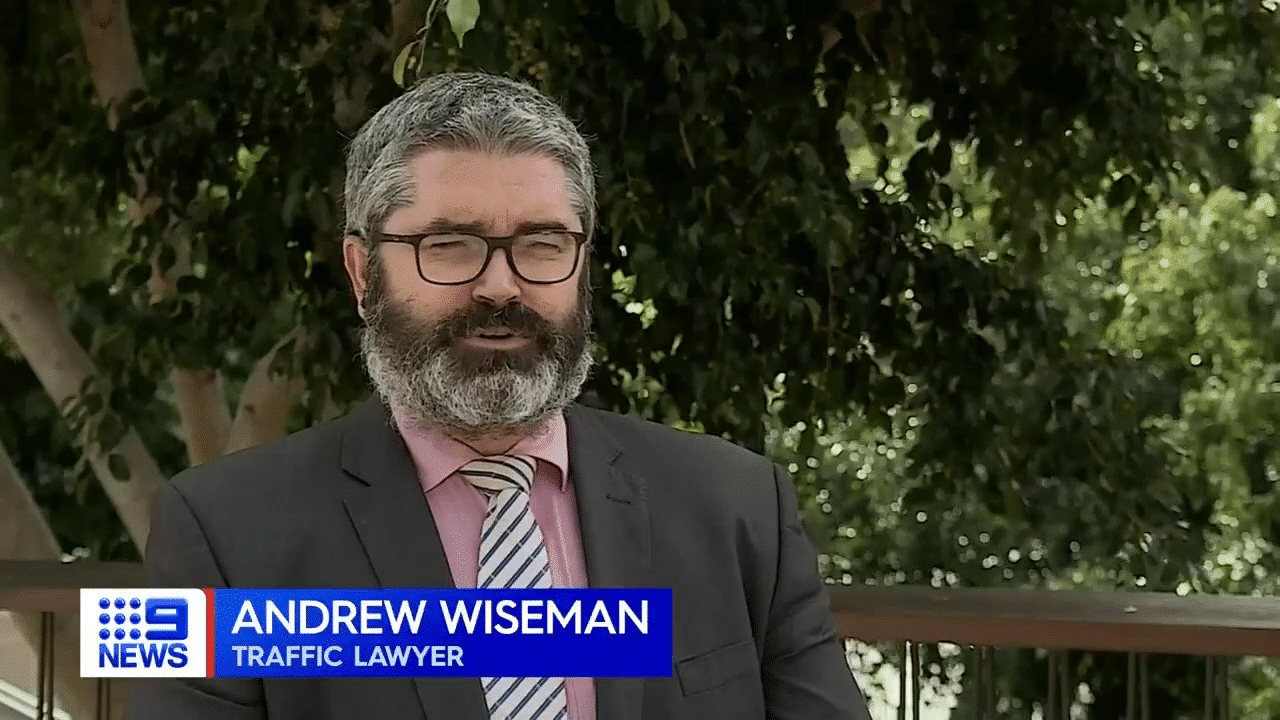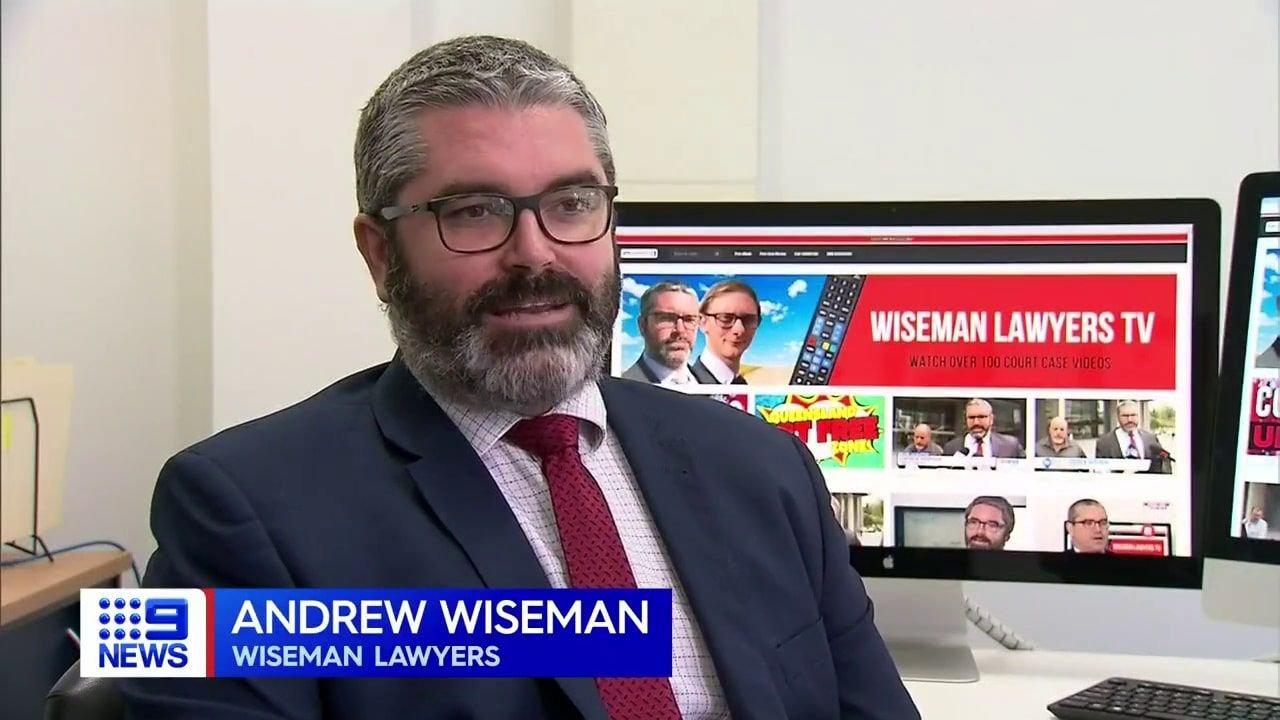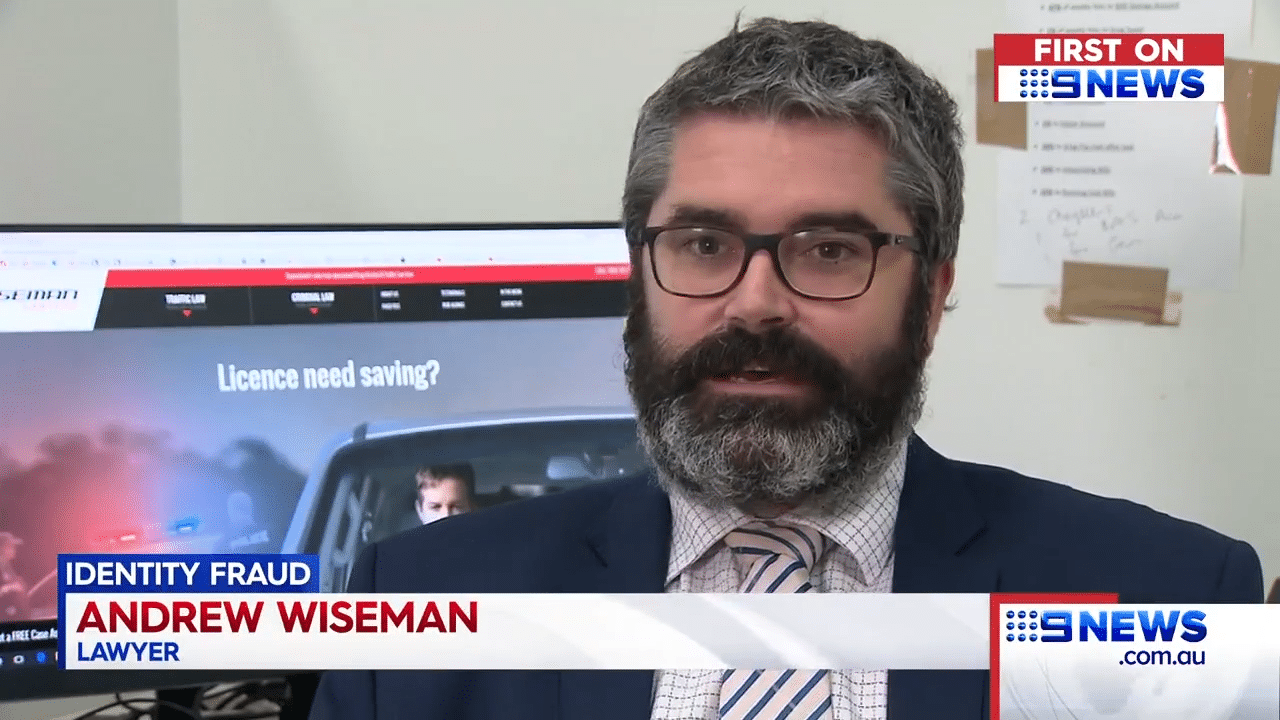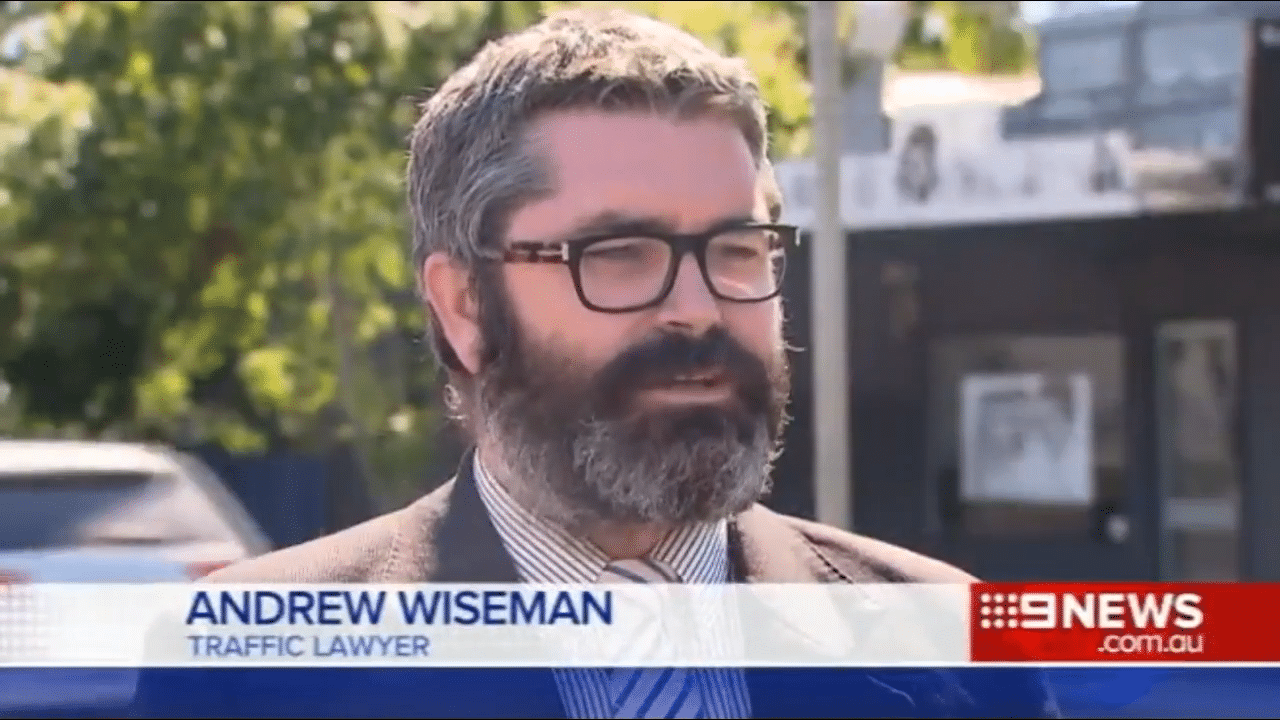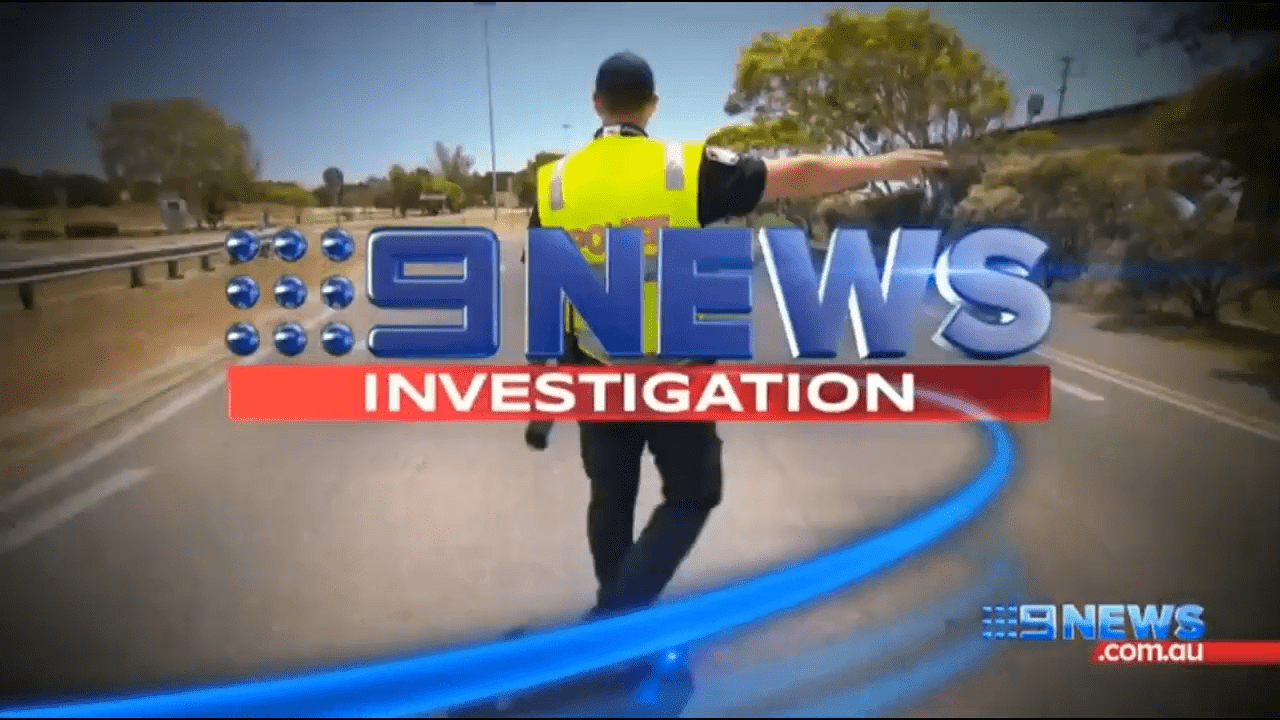Join Wiseman Lawyers Traffic Lawyer Andrew Wiseman at Wynnum Magistrates Court as he represents a client charged with Drink Driving. Watch Andrew explain what happened in the courtroom, along with the outcome which he achieved and how he achieved it.
All right, today I’m at Wynnum Magistrates Court. Client was charged with mid range DUI drink driving, reading a 0.133. Mid range, worst case if you’ve got no previous is a 12 month disqualification, mandatory minimum’s three months. If you haven’t lost your licence in the last five years, you are eligible to apply for a DUI drink driving work licence. Simple eligibility doesn’t equate a success, but as a starting point, as I said, if you’re below 0.149, you haven’t lost your licence for any reason for the last five years and you satisfy a number of other prerequisites, you are eligible to apply. My client today was eligible to apply and he did instruct me to make an application for a DUI drink driving work licence.
A number of things with regard to a work licence, if you’re not self-employed I need to draught about an eight page affidavit up for you to sign talking about income, expenses, family situation, what happened on the day in question, et cetera. I’ve also got to do about a four page affidavit up for your boss to sign saying what you do, why you need your licence to do it, or at least get there to do it and that you will lose your job if you lose your licence. So there’s no room for fence sitting. It’s a case of if he hasn’t got a licence or he or she hasn’t got a licence, won’t be kept on. Not we’ll have to reassess or see what we’ll do. It’s got to be a black and white, “This is what’s happening.”
So at the end of the day, if you’re charged with drink driving and you’re pleading guilty, you have lost your licence, whether the matter’s finalised or not. So, as I said, the employee can’t sit on the fence. They’ve got to make a call. The licence is gone. What are you going to do about it right now? That said, my client’s employer was highly cooperative. They called a spade, a spade, and were happy to sign an affidavit to that effect. So I drafted these affidavits in advance, provided to the court in advance. I asked my client to complete a reformatory course about road fatalities, got him to get some references based on a template we provide all of our clients.
As I said, worst case is a 12 month loss of licence, mandatory minimum’s three months. But the magistrate’s have got a discretion to double the penalty that otherwise give if they do, in fact, grant a work licence. So worst case technically was 18 months with a work licence.
As I said, met my client this morning, went through the procedure, what he can expect the magistrate to say, the prosecutor to say, me to say. So this was threefold because I’m not going to go into details about what he does for a living, but he has a professional role which requires membership of a professional body and that membership has ongoing periodic renewal processes and certain professional bodies have suitability criteria, namely whether or not the person’s a fit and proper person to remain a member of that organisation and they don’t often distinguish between criminal matters, which this isn’t, and traffic matters, which this is.
So drink driving’s not a criminal matter. There’s no criminal conviction. There’s a traffic conviction, but even so ,traffic drink driving conviction can be problematic in certain areas of life. It can be a hard sort of sell to the court because if you’ve got a criminal conviction, it can destroy your life. Whereas if you’ve got a traffic conviction, it can be an inconvenience but it’s rare that it’s turned someone’s life upside down and for that reason, it is very hard to persuade a magistrate not to record a conviction. It can be like trying to sell snow to an Eskimo. But in any event threefold, so A, you get the disqualification down as low as possible. B, try to get a work licence. And C, try to persuade the magistrate not to record a conviction.
With my affidavits, I’ve been doing this for near on a decade. I’ve seen it all. So every possible red herring, I suppose, or issue that could possibly arise, I’ve seen it all. And just through experience, built responses to these potential issues into the affidavits. And obviously as an author of affidavit materials, to be good at it, you’ve got to have a certain amount of flare with your writing skills and when telling the story about who the person is and why they’re going to lose their job and what happened, et cetera, a good lawyer should be able to allude to certain questions without being blatant about it and I’m not trying to say I’m misleading in the affidavits, but you tell the story of the person and there’s certain lessons to be learned in the story, I suppose.
And if by some chance a problem comes up, an example can be one of the things that can stop a person from being eligible to apply for a work licence is if they’re driving for work purposes. So if you’re a truck driver… Oh, that’s a bad example because you’re not eligible if you’re driving a truck anyway, because you can’t be in control of a vehicle that carries a zero blood alcohol reading. But let’s say you’re a delivery driver, for example, and you get done drink driving going from the depot to a drop off site. Because you’re driving for work purposes, that stops you from being eligible to apply.
So what I’m getting at is sometimes if you’ve got a company car and it’s got signage all over it, but you’re using it for personal use, a prosecutor may have the approach of, “Well, it’s a company car, so you drive it for work purposes. He’s not eligible,” and resist the application as hard as they can. But the affidavits need to tell the story of, “This is a live issue. I’m in a company car, the prosecutor may take issue with it, so I need to address that before the issue’s raised in the affidavit.” So if he’s not driving for work, make it clear. “Yes, I was in a company vehicle, but as a part of my contract, I’ve got it as personal use. So at first glance, it looks like I’m driving for work, but I wasn’t. I was driving to the movies or whatever for non-work purposes.” So I’m sort of going off track and prattling a bit.
But what I’m getting at is if your affidavits are waterproof and the only way they can be is if you do this day in day out for a decade, a general practitioner who does a bit of everything and you come to him with a DUI because he did an okay job in conveyancing, doesn’t do DUI work licences day in, day out and is only going to be able to have a crack and they’re not going to have that decade of experience to make sure any sort of pitfalls or obstacles are addressed in the affidavits. And at the end of the day, it’s got to be addressed in the affidavits. The legislation says whatever you’re relying upon needs to be in the affidavits. So if an issue is raised in court, you can’t just start adding new information that is in the affidavits because they must be in the affidavits.
Look, I’m prattling on now. The short version is I was successful on all fronts. A, getting the disqualification down to three months. As I said, it’s a reading of 0.133, so even without a work licence, that’s a very good outcome. There’s a number of reasons why I was able to persuade the administrator to do that. I won’t go into it now, but three months work licence application granted, so disqualified for three months, but for work purposes, it’s literally is he hasn’t lost his licence so he can continue driving for work purposes during the three month period and I was also successful in persuading the magistrate, not to record a conviction. So three month disqualification, modest fine, work licence granted, no conviction recorded, client’s obviously very happy, very relieved. I’m Andrew Wiseman at Wynnum Magistrates Court. Thanks for watching.
